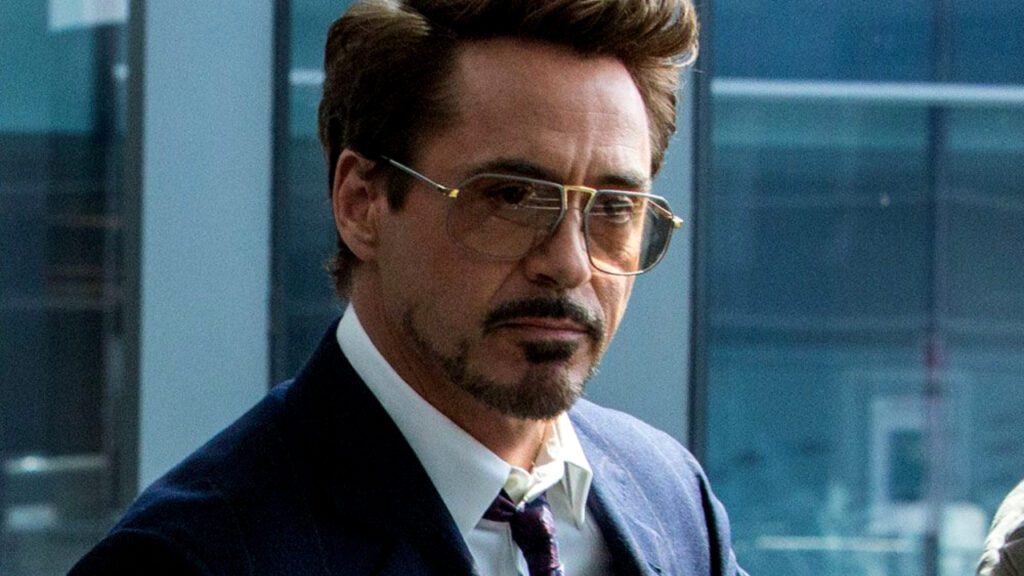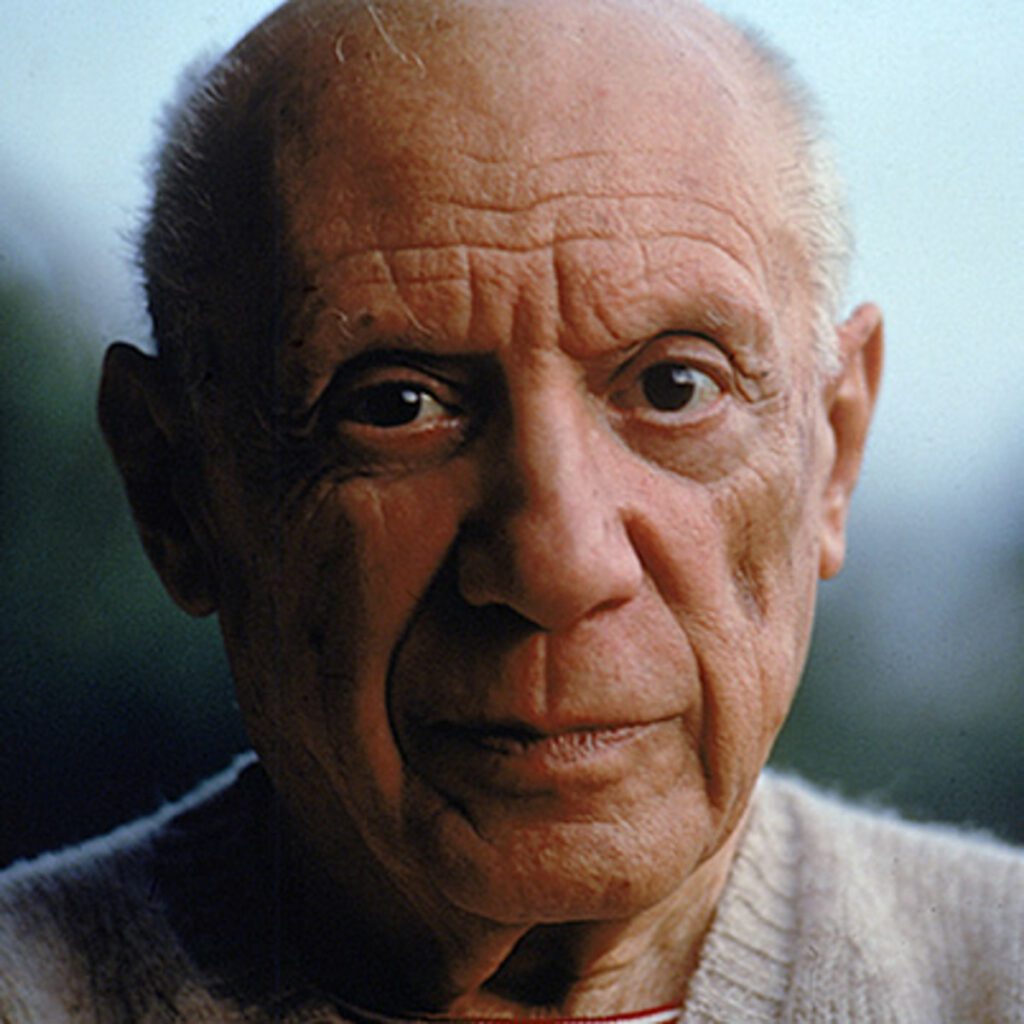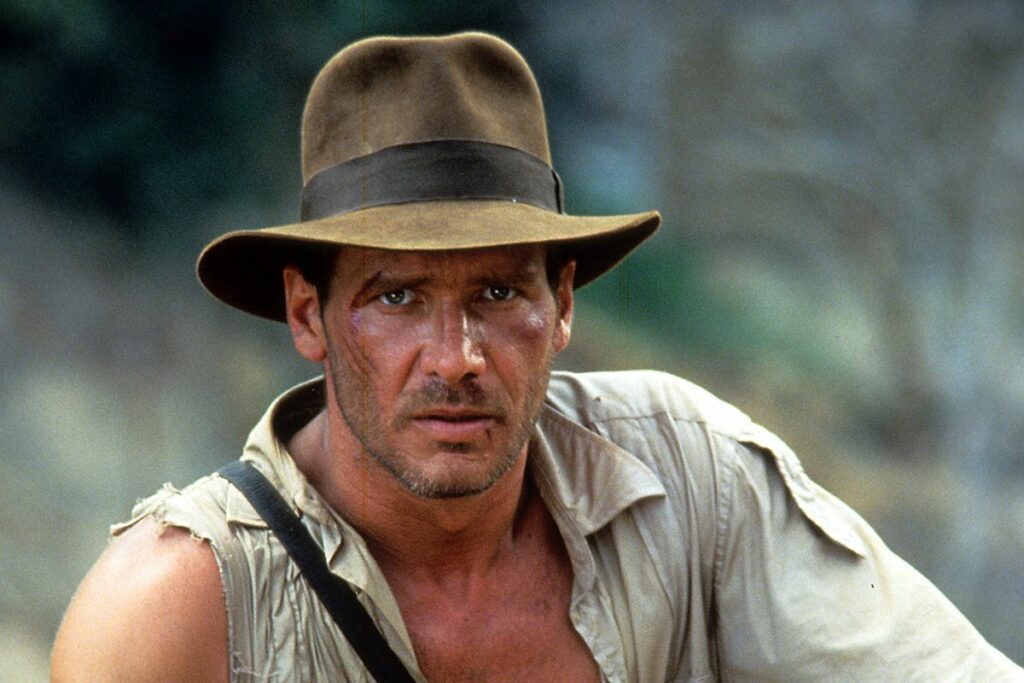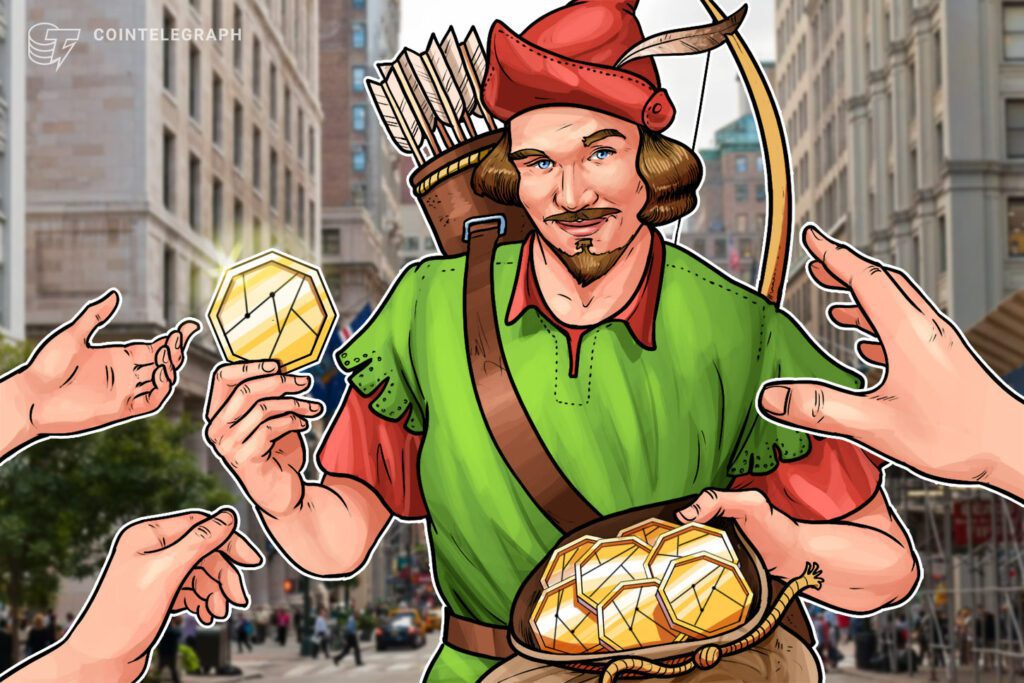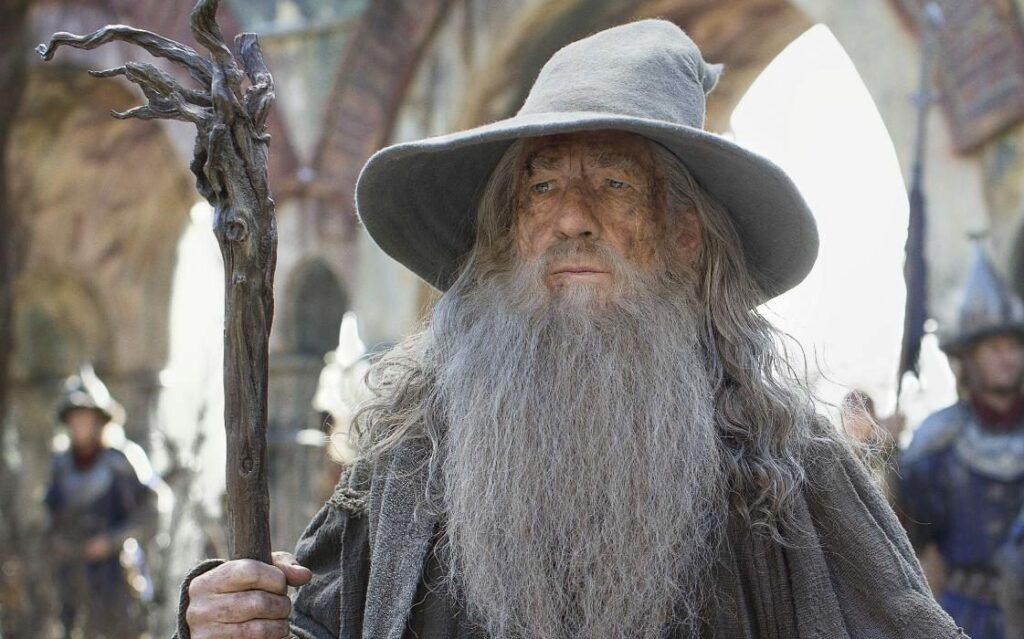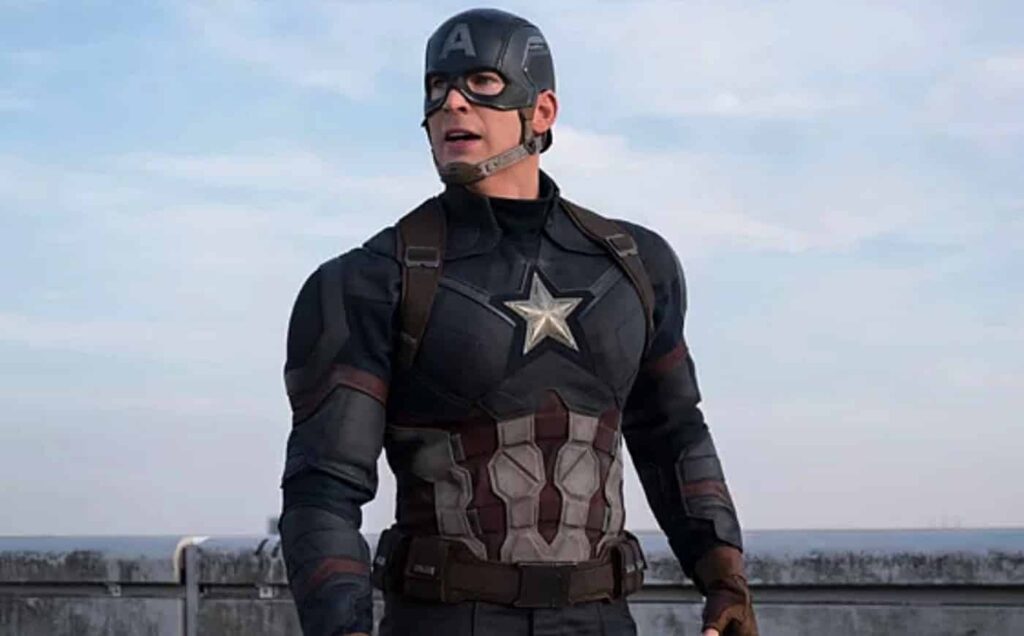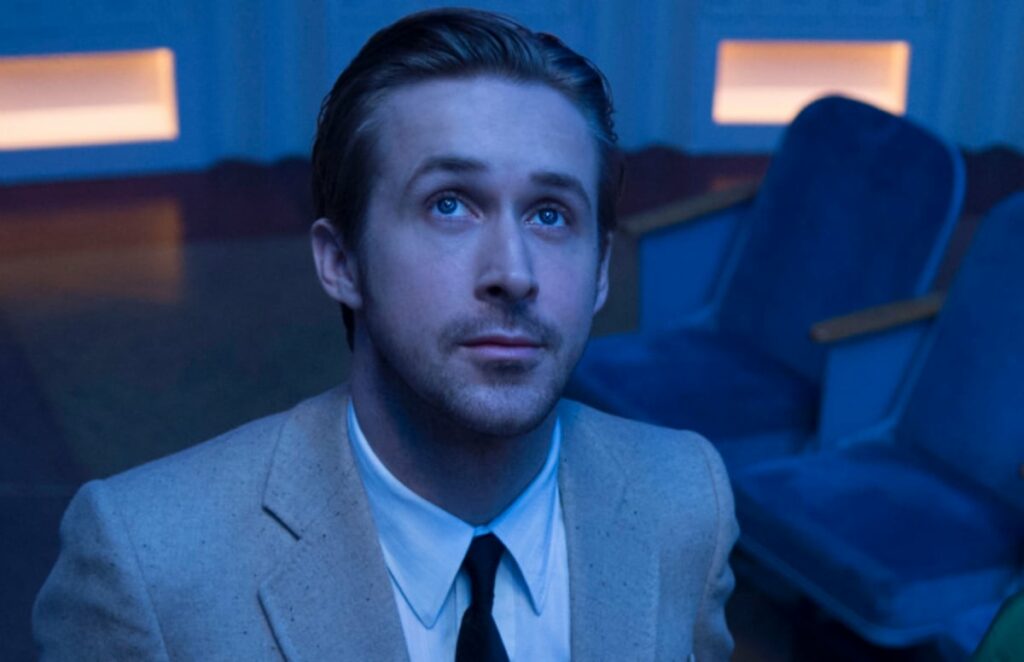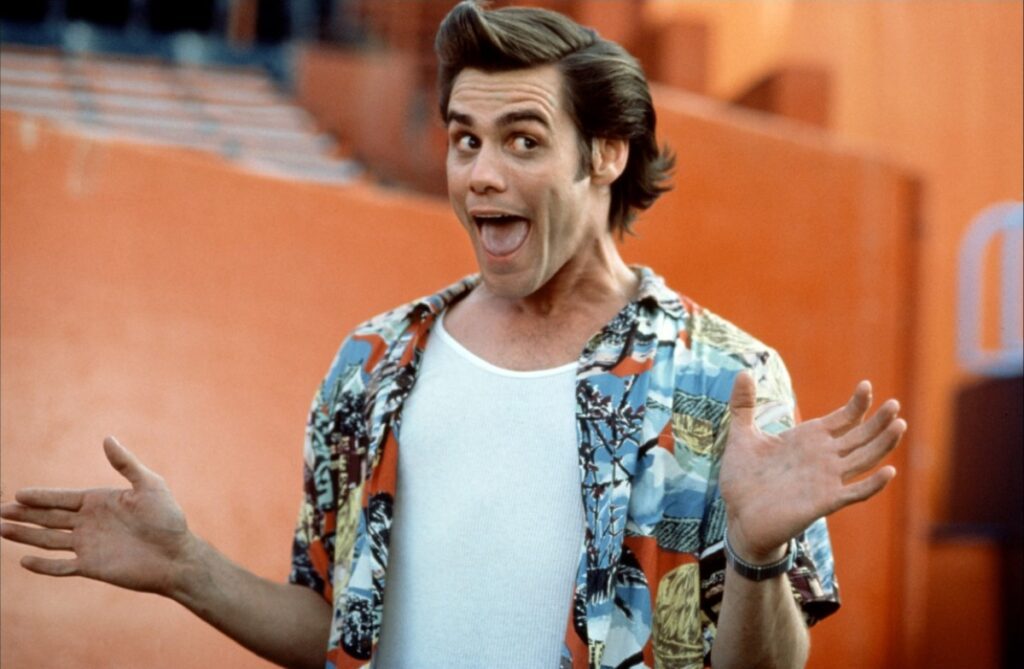A lot of brands have no idea what they stand for. They keep thinking that if they keep pushing out new products, they are doing the right thing for their brand. But this is not the case. What you need to do is make sure that you are communicating your brand’s values. You need to make sure that you are consistent and that your customers know what to expect from you. This blog will take a look at these things and will show you how you can pick up on the subtle cues to understand what your brand stands for.
There are a number of reasons why this is important, but one of the biggest is that it helps you handle crisis situations. When something goes wrong, it’s important to outline the story as clearly as possible. This blog will look at how you can outline what your brand stands for and doesn’t stand for.
Let’s see what affect your decision as a brands
Archetype
Archetypes are like the heart of a brand. They convey meaning and tell the story behind a brand so that customers can begin to relate to it or as if it was something real. Archetypes help define brands by giving them specific properties and characteristics which will give the brand a personality in the eyes of your customers. Using archetypes for branding allows you to show people what you have to offer by creating stories and scenarios that reflect what your company does so they can get closer to you and end up caring about what you do.
Types of arcetype

Innocent
Sage
Explorer
Outlaw
Magician
Hero
Lover
Jester
Everyman
Caregiver
Ruler
Creator
Read more about archetypes.
Let’s see an example to understand how archetypes work –
Nike
When you hear the word Nike what do you think of? Do you feel inspired or empowered? Nike sells more than sportswear and gear; they’ve also built a brand around a certain kind of lifestyle called the Greek Hero. This concept empowers their customers to live up to their best selves by having the drive to achieve goals, take on challenges and give themselves a chance at greatness. In other words, as they say, “Just do it.” And for those interested in tall tales about gods – I suppose their branding could be considered very ***-like since they are #16 on Fortune magazine’s list of best global companies (source).
Hero
Wonder Woman, Nelson Mandela, the Olympics and the Red Cross are all great examples of the Hero archetype. Heroes surmount challenges that seek to undermine their or their community’s stability and want to make a difference in this big world we live in. The Hero strives where challenges await being courageous enough to do something about it when there is conflict. For example, they may take up arms on battlefields, on the court or within politics among other places but will do what they need to restore peace and harmony.
Nike’s Use of the Hero
“The company’s central mission is to understand and inspire the soul of the athlete, and its current slogan “Just do it,” promotes the heroic virtue of the courage to act.” – Mark and Pearson, The Hero & The Outlaw
How archetype helps in decision making
Marketing
Brand archetypes create concrete marketing strategies, powerful word-of-mouth campaigns, killer product updates and more by uncovering what resonates with your brand. For example – When using the archetypal hero as a marketing tool for all their advertisements, Nike’s strategy is to allow the public to see themselves as heroes with the qualities of famous athletes. By deploying images of both famous athletes and everyday people in their ads, Nike has been able to advertise to an audience who feels they share similar heroic qualities that are admired by others.
Voice & Tone
Archetype is the choice of style. There are many choices in the literary world – from the cold, precise “Scientific” to the easygoing tone of the “New Age” with its multicoloured, sometimes childlike iconography. And in between is a variety of options. For example, Nike chose to be a hero and it also reflects in their voice and tone like By pitting the customer (positioned as the Hero) against physical odds, Nike empowers them to triumph over any struggle they encounter. More importantly, Nike’s been able to help the customer triumph over internal struggles as well. By positioning their products to synonymously represent the overcoming of obstacles, Nike’s ability to empower customers to get off the couch and onto the pavement.
Keeping momentum
Brands can choose to ignore the negativity but sometimes ignoring it may make things even worse. If the situation is too big to ignore, responding to it properly is not only important but it’s also vital to the brand’s survival. Responding to negative situations should be done quickly but carefully. And how to responds to this situation, voice, a tone that reflects your brand and connect with your audience depends on o your archetype. For example – Nike on Corona situations, typically using the themes of determination, inspiration, and performance. Nike has capitalized on times when activity levels for various lifestyles across global communities have been disrupted due to climate change. At a time when everyone’s day-to-day activity has been disrupted – including both global athletes and humble joggers – Nike has created a campaign that aims to unite us all in our ‘new normal’. The ‘Play for the World’ campaign, created by Wieden + Kennedy, reinforces the message that we must all do our bit for the world and ‘play inside’.


